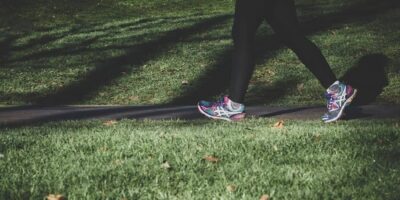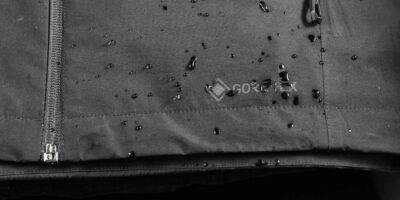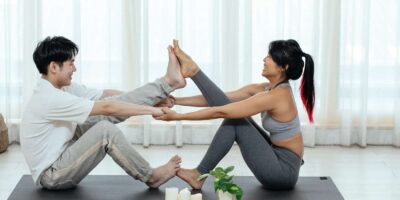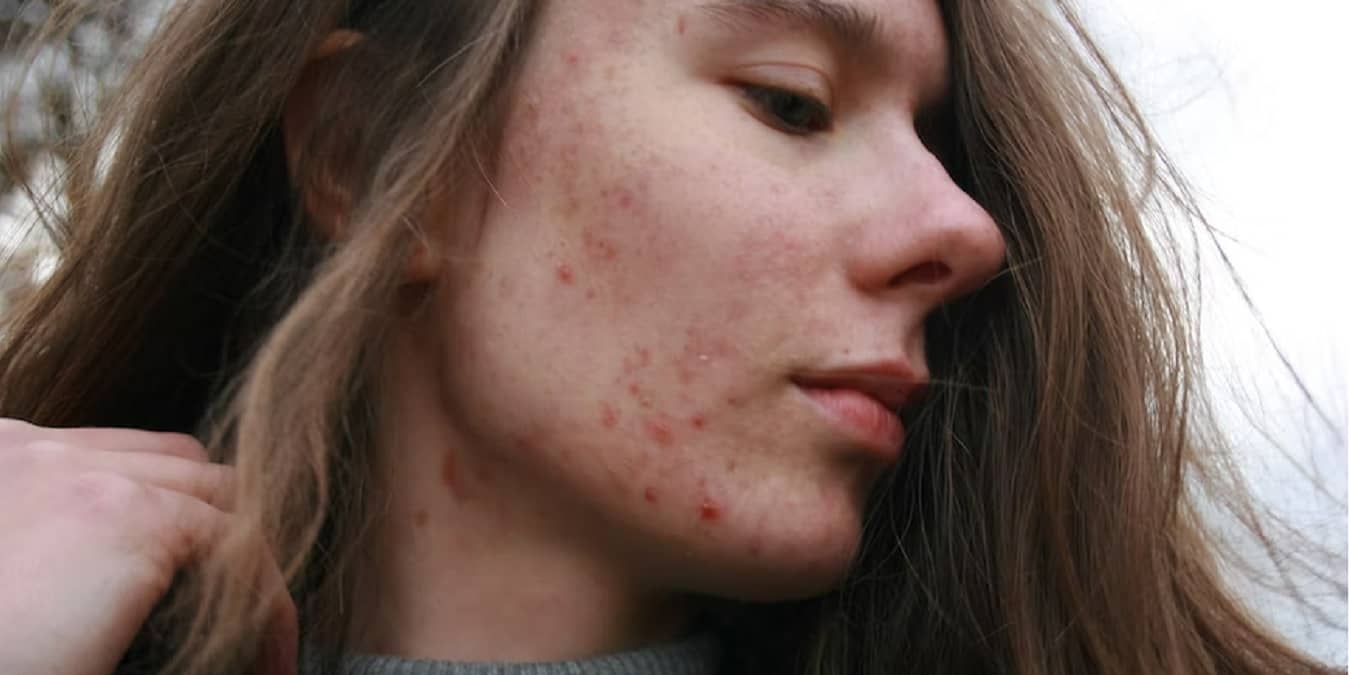
While acne might be physical, acne and mental health often go hand in hand. Pimples may make you feel awkward, embarrassed, or ashamed. From hurting your self-esteem to preventing you from being a social butterfly, don’t underestimate the emotional impact of acne. The good news is there are ways to cope and not let acne get the best of you.
Acne and Mental Health
Acne doesn’t care if you have a major event coming up in your life or if you want to look your best. It appears at the worst moments. It also doesn’t care whether you’re a teenager or an adult. No matter what your age or whether your acne is mild or severe, it’s hard not to feel self-conscious during a breakout.
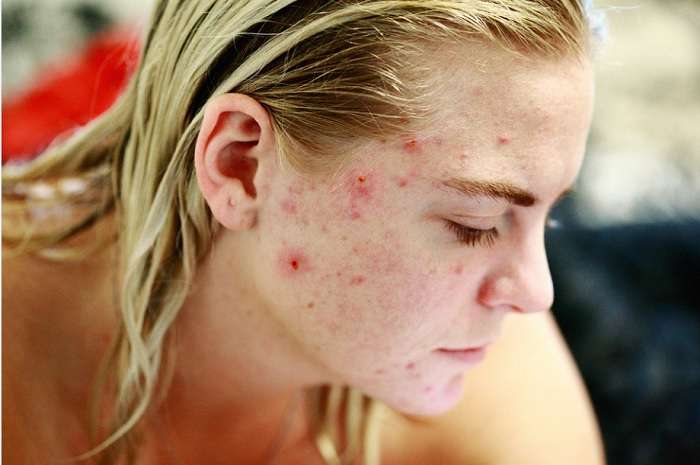
That’s one of the worst parts of acne – feeling as if you don’t have any control. Studies have shown acne negatively affects the self-esteem of all age groups. This stems from not like your own appearance to even being bullied.
As the stress from acne continues, you might also experience even more mental health issues, such as:
- Social isolation – You spend more time alone because you don’t feel confident enough to be around others.
- Hopelessness – A loss of control makes you feel hopeless not only about your appearance, but other areas of your life too.
- Anxiety – You live in a state of fear of how acne is going to affect your life or when the next breakout occurs.
- Depression – While depression most often happens in those with moderate to severe or long-term acne, feeling isolated and uncertain of yourself can lead to depression in anyone with acne.
The worst part of the emotional impact of acne is many people never seek treatment. In fact, even after your acne scars are long gone, you might still struggle with the scars left behind due to your own mental anguish over acne and how it has affected your life.
Seek Treatment Early
The first step is to make yourself feel more in control. Acne happens to most people at some point. In fact, 85% of people between 12-24 have experienced at least minor acne.
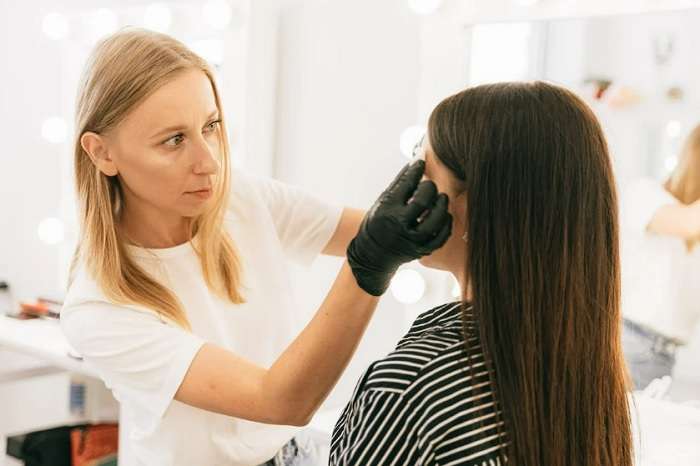
Thanks to numerous over-the-counter treatments, you may be able to manage many breakouts from home. Products with salicylic acid and benzoyl peroxide are the most common. Knowing how to wash your face properly and even trying out some home remedies for acne are helpful too.
However, it’s a good idea to meet with a dermatologist to create a custom treatment plan. A professional can even help you uncover the root cause, whether it’s hormonal, stress-related, or caused by something else such as a medication or skin product you’re using.
The key is to take charge and start treating your acne to minimize breakouts and how it affects your appearance and mental health.
Coping Mechanisms
Outside of treating the acne itself, there are a variety of other things you can do to cope with the emotional impacts of acne. Some of them may even help prevent future breakouts.
Cover Up Existing Breakouts
Covering up your zits makes them less noticeable to both you and others. You feel more normal and acne has less impact on your day. Always use non-comedogenic makeup so you don’t clog your pores and make the situation worse.
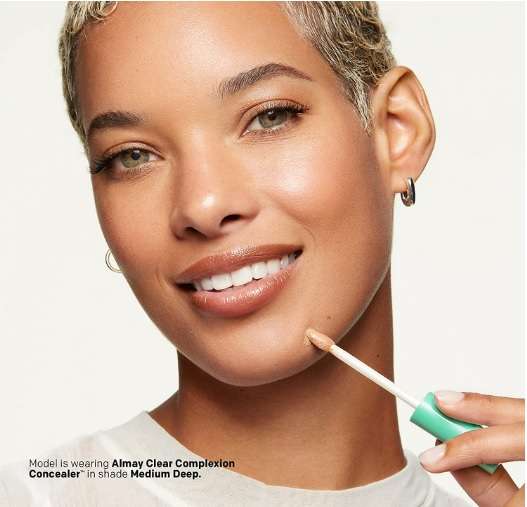
You might also consider using foundation, concealer, and/or primer with acne fighting ingredients. Almay Clear Complexion Concealer and Neutrogena SkinClearing Blemish Concealer are effective and affordable options. There’s also matching foundation for both of these. You can also prime your skin, fight acne, and shrink pores with e.l.f. Acne Fighting Putty Primer.
Make sure you wash off any makeup before going to bed to let your skin breathe.
Reduce Your Stress
Stress takes existing breakouts and makes them even worse. Of course, stress also wreaks havoc on your mental health. Take steps to reduce your stress as much as possible. This can include exercising, limiting stressful situations, meditating, talking to friends/family, making time for a favorite hobby, or anything else that helps you relax.
Talk to Others
You’re not alone when it comes to acne. There’s no reason to hide away. Talking to others help you understand this and realize you’re more than your acne. Talk to friends, family, co-workers, counselors, therapists, and even strangers online going through the same thing. Just don’t try to cope alone.
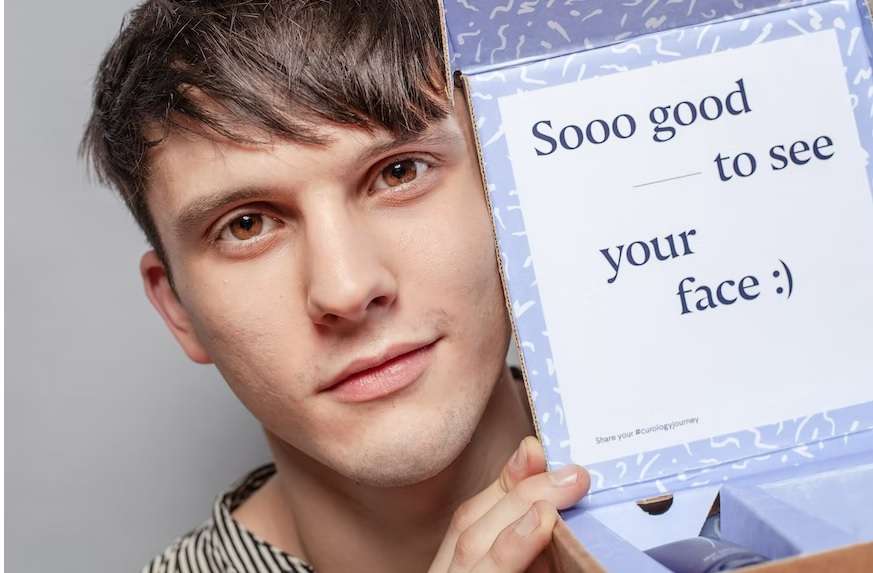
Some great places to find support and resources online include:
- Acne.org
- r/Acne subreddit
- Cystic and Severe Acne Support Facebook Group
- Curology Blog
- Acne Support Instagram account (great for helping you laugh about acne)
- Acne Support (expert run site in the UK)
- Acne Resource Center
Talk to your dermatologist too. They’ll provide you with local and online resources to help.
If you’re suffering from anxiety and depression, the ADAA has a list of resources to help you get support along with support groups.
Get Involved
Find something you enjoy and get involved in it. This might mean taking a class, joining a volunteer group, becoming a master at a hobby, joining a gym, playing sports, or anything else you’re interested in. You’ll reduce stress, meet new people, and feel better about yourself.
Frequently Asked Questions
How can men conceal acne?
Men can use the same concealer as women. Gently blending the makeup makes it unnoticeable, so no one needs to know you’re wearing anything. You can also try acne patches designed to treat and camouflage zits, such as Mighty Patch.
Does my diet really affect my acne?
Having some chocolate isn’t going to make you breakout. However, a diet high in sugar and fatty foods does make it harder for your skin to heal. A healthier diet rich in vitamins and nutrients may help reduce acne. Talk to your dermatologist to determine if certain foods are triggering your acne.
Image credit: Barbara Krysztofiak via Unsplash
